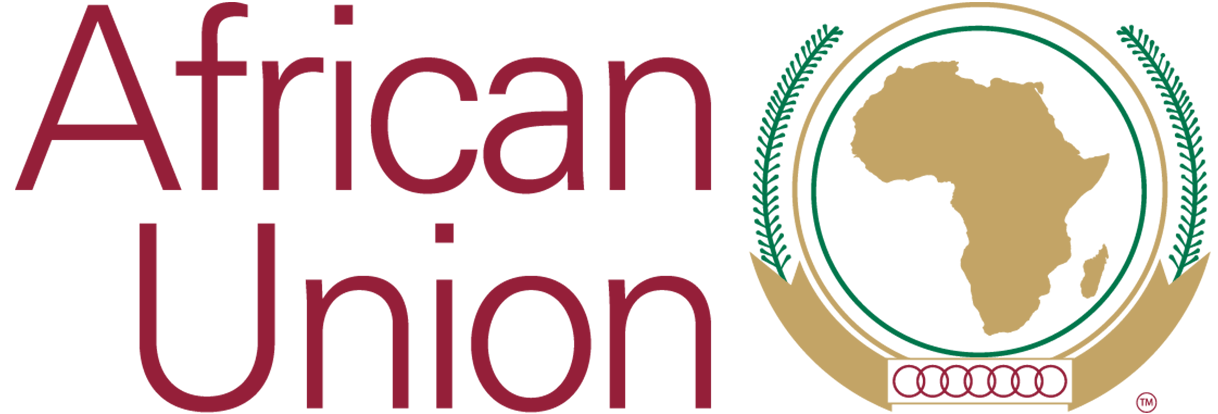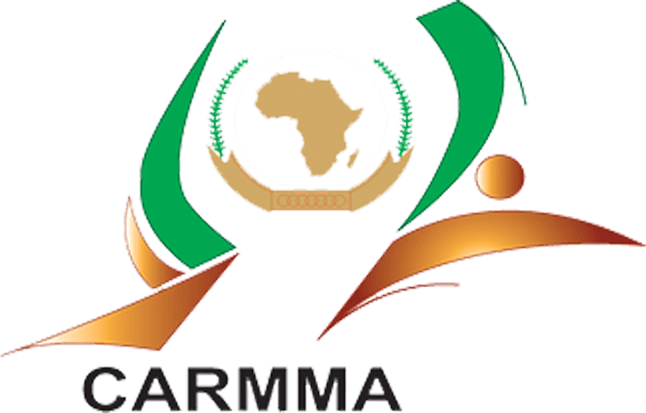The African continent experiences a myriad of health challenges from infectious diseases to non-communicable diseases exacerbated by both social, economic and environmental challenges. The burden of diseases continues to increase particularly due to the unprecedented losses that have been brought about by the COVID-19 pandemic undermining the progress made in the past years.
World health day 2022 is being marked under the theme” Our planet, our health” and is premised on the need to take urgent actions in building better societies focused on the well-being of the people. World health day presents a timely opportunity to remind the continent of the need to protect the planet as a priority. Over the years, it has become evident that a multi-disciplinary approach is important in safeguarding the health of the African population as well as in averting the potential impact of climate change. Environmental factors like clean air, nutritious foods and better sanitation play a significant role in promoting sustainable and healthy societies.
The ravaging effects of climate change have proved to have a great impact on the social and environmental determinants of health becoming a major global health threat. The rapidly changing temperatures and weather patterns pose a major risk to human health. Africa has experienced increased drought, hotter temperatures, and floods that have compounded the health effects leading to an increase in respiratory diseases, water-borne illnesses, infectious diseases as well as injuries and fatalities due to extreme weather events. Climate change affects food security due to the impacts it has in some components of the food system, particularly food production. The pandemic has provided an opportunity to re-examine the continent’s socio-economic and environmental priorities, such as nutrition which are paramount in contributing to health outcomes.
The African Union has invested in several policy commitments and instruments that seek to decrease the disease burden and foster better health outcomes aligned to environmental factors. The Africa Health Strategy (AHS) 2016-2030 advocates for and promotes member state action to prioritize and invest in specific social determinants of health. The socio-economic and environmental determinants of health are critical in reducing the priority disease burden by 2030.
The Maputo Plan of Action (MPoA) provides a continental policy framework for Reproductive, Maternal, Newborn, Child and Adolescent Health (RMNCAH) and recognizes the importance of creating an enabling environment for community and women’s empowerment and the role of men in access to Sexual and Reproductive Health and Reproductive Rights services. Social determinants have the potential to affect efforts for improving particularly the health of women, children and adolescents.
Accordingly, Member States are encouraged to embrace a multi-sectoral approach (education, water and sanitation, environment, labour and employment etc.) capitalizing on the potential of biotechnology, including vaccines, to enable research and development of new life-saving therapies and preventions.
Besides, the campaign on accelerated reduction of maternal mortality in Africa (CARMMA), underscores that members states will benefit from collaborating with multiple stakeholders such as involving religious and traditional institutions to participate in national programs and tackle the social determinants of health impacting Sexual and Reproductive Health and Reproductive Rights outcomes.
As a continent, we need to take bold steps in protecting the planet we live in by recognizing the complexities of the ecosystems on which life is anchored. Recognizing the potential health impacts of climate variability cannot be over-emphasized. Aspiration one (1) of Agenda 2063 envisions a prosperous Africa based on inclusive growth and sustainable developmentwith goal three (3) highlighting the importance of healthy and well-nourished citizens and goal seven (7) on environmentally sustainable climate and resilient economies and communities. Linkages in the two (2) goals if well implemented will lead Africa into the desired results of the achieving agenda 2063.








